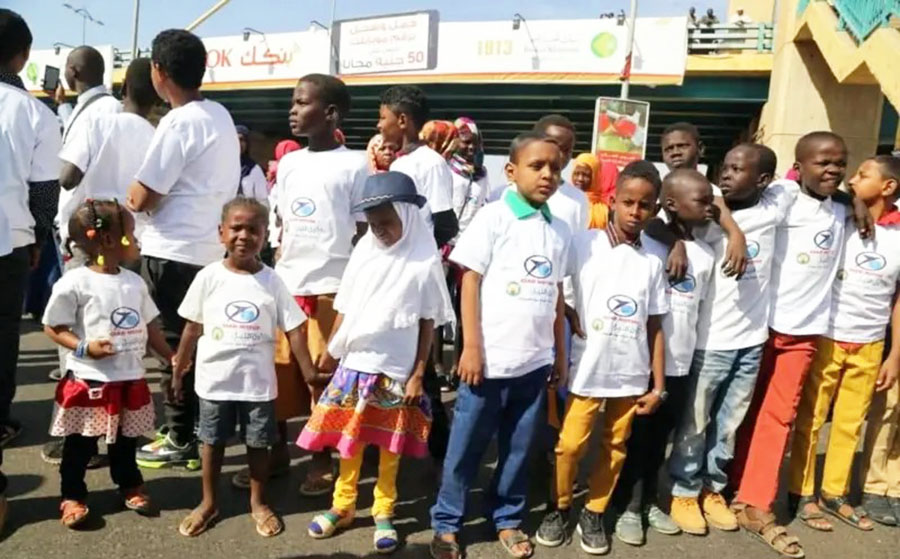
Cancer Patients in Sudan: the Hell of Displacement and the Challenges of Treatment
Follow-ups - Moatinoon
Cancer patients in Sudan face significant challenges due to the repercussions of the ongoing war, which has lasted for nearly two years. The BBC published a report today revealing the extent of the suffering of those afflicted with this incurable disease.
Due to the war, many patients have been denied access to chemotherapy or have been forced to pay large sums to obtain it, according to those interviewed by the BBC.
Abdel Mutal Ahmed, a rectal cancer patient, told the BBCs "Peace for Sudan" program that he had to pay exorbitant sums to obtain treatment when it was unavailable at government centers. He said the cost reached 2.8 million Sudanese pounds (about 1,000).
Patients often have to travel across different cities to receive treatment.
Musa Ibrahim, a member of the Sudanese Association for Friends of Children with Cancer Patients (Taadai), told the BBC another aspect of the suffering of child patients and how the war has affected them. Some have died while traveling from one cancer treatment center to another. Due to the hardship and lack of treatment, others treatment was delayed and their condition deteriorated.
After the Rapid Support Forces took control of areas in Khartoum, the associations organizers were forced to move all the children from the associations rest house in Khartoum, where they were receiving treatment, to the city of Wad Madani. After the fighting spread to Wad Madani and was also taken over, and with the spread of unrest, many of these children were scattered across Sudan.
Musa revealed that many children lost their lives during their ongoing displacement due to the limited solutions available to address this crisis. He continued, "Currently, we are continuing to try to return children to receive treatment, providing it both internally and externally, or directing them to places where they can obtain medical services. Thank God, there are now places available in Merowe, Gedaref, or Port Sudan."
Suzan Abu Al-Qasim Hassan, head of the Pharmacy and Chemotherapy Department at the Shendi Oncology and Cancer Research Center in River Nile State, says that since the outbreak of the war, cancer patients have suffered greatly in the follow-up of their cases. Patients have been forced to travel very long distances to meet with a specialist for follow-up or even to receive a diagnosis and begin treatment.
Susan adds that the cost of transportation was too high for some to reach the nearest government center, whether in Shendi or other states. Others lacked this ability, especially since most of them had lost their breadwinners or sources of income due to the war. This caused many patients to arrive at the center where she works at an advanced stage.
The biggest challenge facing the medical team in Shendi due to the war is the interruption of many medications, whether for chemotherapy, targeted therapy, or hormone therapy. Important tests such as bone scans, internal tissue scans, and tumor marker tests have also been interrupted. This has led to delayed diagnosis of many cases, thus impacting the initiation of treatment.
India has provided an aid ship carrying five tons of cancer and hemophilia medications. According to the official Sudanese News Agency (SUNA), Sudanese Health Minister Haitham Mohamed Ibrahim stated during the arrival of the aid in Port Sudan that these medications will be used to support cancer patients, whose numbers have exceeded 18,000.

